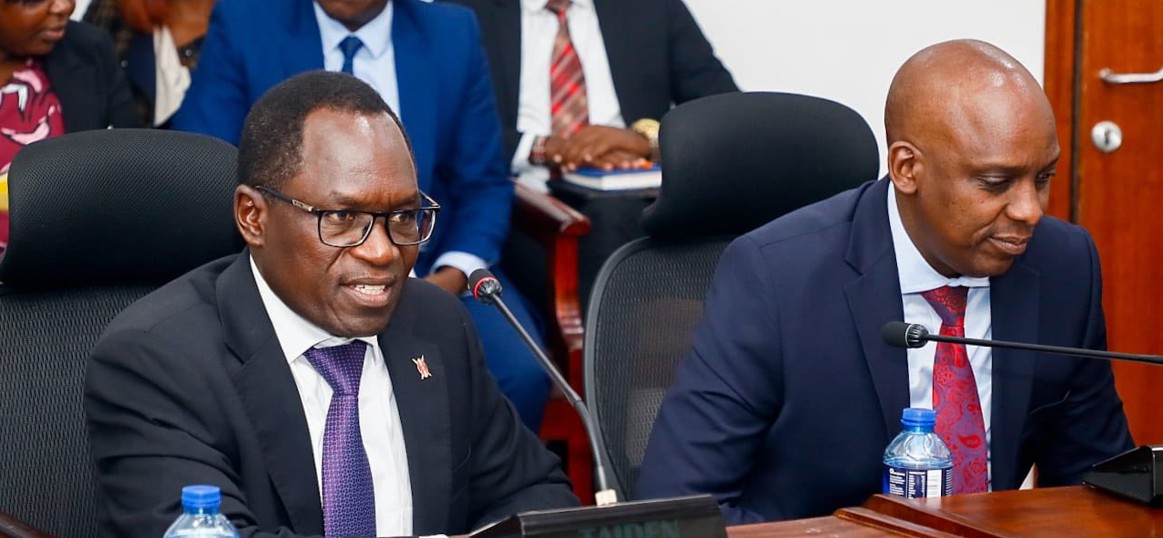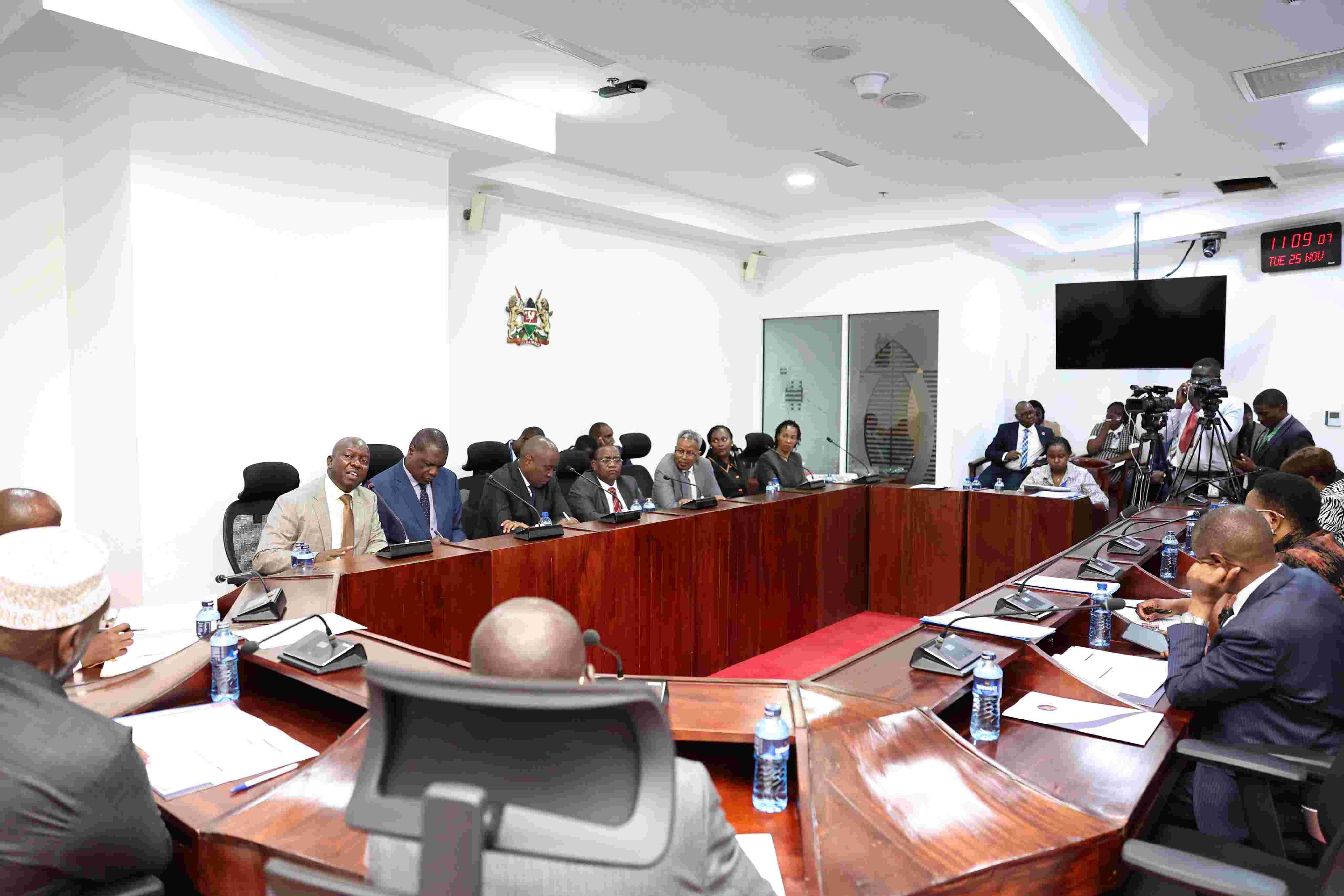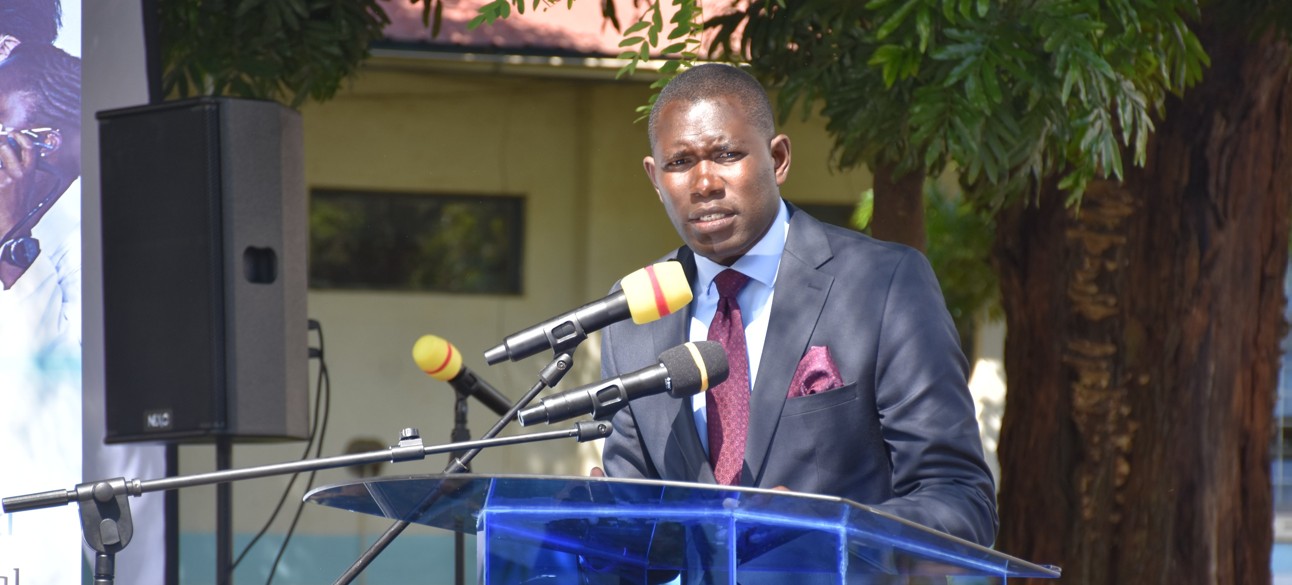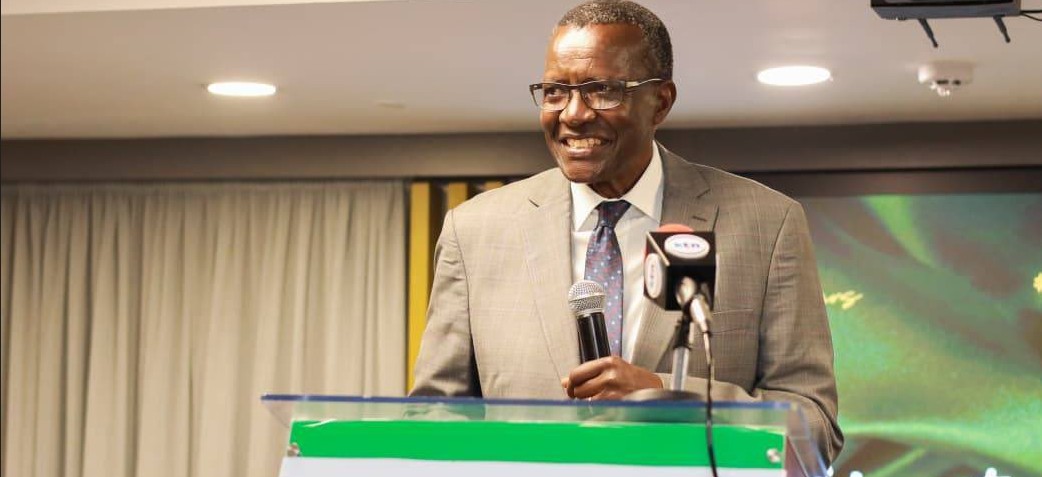Information ministry opposes Energy Act amendment, warns county levies threaten broadband rollout

Ministry of Information stresses that the amendment could disrupt national digital connectivity plans, inflate project costs, and hinder equitable distribution of ICT infrastructure benefits across counties.
The Ministry of Information, Communications and the Digital Economy has opposed a proposed amendment to the Energy Act that would allow counties to levy charges on public energy infrastructure, warning that the move could derail national broadband and digital connectivity projects.
Appearing before the Senate Committee on Energy, chaired by Siaya Senator Oburu Oginga, Energy Principal Secretary Stephen Isaboke said the proposed changes would have “serious and far-reaching implications” for national connectivity programmes.
More To Read
The amendment seeks to empower county governments to impose charges on public energy infrastructure without prior approval from the Cabinet Secretary for Energy and Petroleum.
Increase costs
In a submission to the committee, the ministry cautioned that the plan could fragment regulation, slow down implementation of infrastructure projects, and increase costs for critical initiatives such as the National Optic Fibre Backbone Infrastructure (NOFBI) and the Last Mile County Connectivity Project (LMCCP).
“While the Ministry supports devolution and recognises the importance of empowering county governments, the proposed amendment would undermine national cohesion and efficiency,” the ministry stated.
During the session, Nairobi Senator Edwin Sifuna urged the ministry to ensure counties benefit from revenues generated through ICT infrastructure installed on the Kenya Power transmission network.
“The PS should collect the revenue from ICT infrastructure on the Kenya Power line network and give it to counties,” Senator Sifuna said. He also asked the ministry to disclose how much telecommunication companies pay for using public infrastructure.
Revenue benefits
Kakamega Senator Boni Khalwale supported the call for fairness, saying both levels of government should benefit from infrastructure-related revenues.
“Why can’t we provide a level playing field for both national and county governments so that the two levels of government share the benefits?” he asked.
In response, PS Isaboke defended the centralised revenue model, explaining that it ensures equitable distribution through the national system.
“Centralisation of revenue from the Kenya Power line network helps in pooling resources together. County governments then get the revenue as shareable resources,” he said.
Inconsistencies and unpredictability
The ministry’s legal counsel, Pauline Kimotho, cautioned that devolving such charges would lead to inconsistencies and unpredictability across counties.
“The issue is the unpredictability of levies from different counties. We need harmonisation and a standard rate for each county,” she noted.
Technology Service Providers of Kenya (TESPOK) Chief Executive Officer Fiona Asonga urged the government to create a more enabling regulatory environment for the data industry.
“We are requesting a special tariff from the Ministry of Energy, through EPRA, for the telecommunications and data industry, just like the special tariffs extended to the manufacturing sector,” Asonga said.
The ministry reiterated that regulation of energy and communication falls under the National Government, as stipulated in the Fourth Schedule of the Constitution. It warned that granting counties the power to independently impose wayleave fees could trigger legal conflicts and breach Articles 186 and 209(5), which prohibit counties from introducing taxes that undermine national economic policies or cross-county investments.
Contradicts policy frameworks
Officials further noted that the proposal contradicts key national policy frameworks such as the Digital Economy Blueprint (2019) and the ICT Ministry’s Strategic Plan (2023–2027), which emphasise harmonised, affordable, and inclusive infrastructure rollout.
“Uncoordinated levies would inflate broadband costs, delay rural connectivity, discourage private investment, and ultimately raise consumer prices for digital services,” the ministry warned.
To prevent disruptions, the ministry proposed developing a joint policy framework involving the ICT and Energy ministries and the Council of Governors to harmonise wayleave charges and align responsibilities between the two levels of government.
It also called for a Regulatory Impact Assessment (RIA) before the amendment is enacted to evaluate its financial and operational implications.
“The amendment may boost county revenue in the short term, but it would destabilise the national framework for ICT deployment, drive up project costs and delay broadband expansion,” the ministry said.
Top Stories Today














































